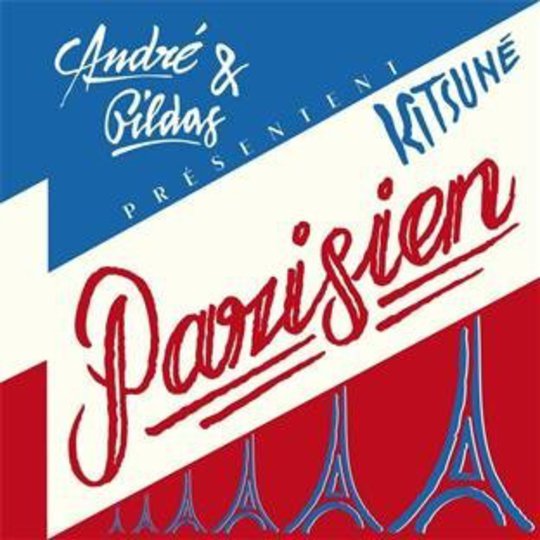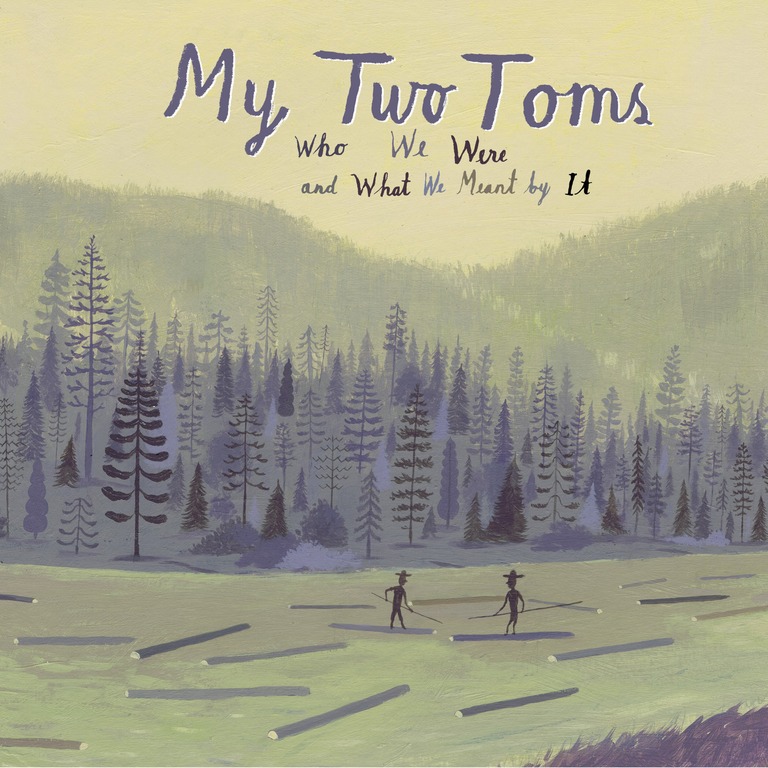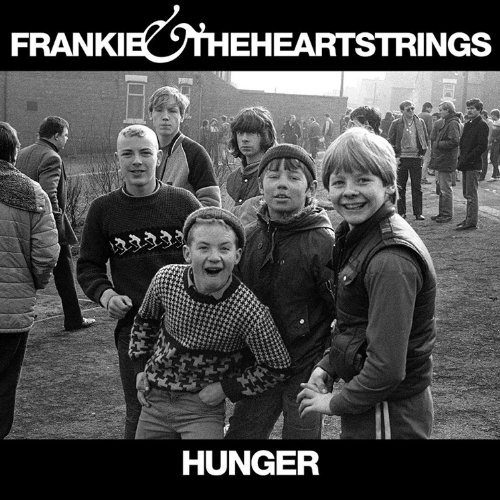I love Kitsuné. If I had a badge that said 'I Love Kitsuné', I’d love that, too. I think I loved Kitsuné before I’d even heard any of its many and frequently brilliant compilations. And that’s the important word here. Compilations are pretty hard to get right. In fact, most of them are better referred to as outright bollocks collections. There’ll be the odd gem snuck away amongst the pubic sweepings. But the indisputable greatness of the odd anomaly would crush the rest of its album-mates like Cassius Clay crushed the heavyweight division in the Sixties. You’d listen to an album’s weaker tracks and wince just like you did at all the square girls at school, so embarrassed by their own sheer inadequacy and the fact that consideration of their candidacy for the back two rows of the coach trip to Jorvik Viking Centre was never even a consideration to start with.
But that’s why Kitsuné is so loveable. In true homage to that one unmistakable French tradition, Kitsuné compilations are adorably romantic. There’s a completeness to so many of them (particularly the Maison collection) and their careful track selection, that they feel, to all intents and purposes, like conventional one-band albums. However they do it is, for better or worse, a bit of a mystery, but fashionistas of the underground, Gildas Loaëc and Masaya Kuroki (and local Parisian DJ, Andre Saravia on this occasion) have a knack of bringing bands together and bonding them for short periods of time like semi-incestuous music families. Perhaps that could be said most readily about new compilation, Kitsuné Parisien, the label’s most parochial effort yet and very definitely one of their best. Each track seems to flow from the one before. Each band seems to play its part in a show where no one band is fighting for the belt. It’s just a very solid card from the first bell to the last and about the best postcard from Paris you can buy that comes with a CD/vinyl/download(?) in it.
The theme of Kitsuné Parisien is pop. It makes sense though. It makes sense that it’s pop, but it makes sense that this album should be released now. In the wake of the success of Phoneix’s Wolfgang Amadeus Phoenix and ten years on from Daft Punk’s Discovery, it feels like the time is right for a repeat renaissance. The label claim the new French Touch has landed. That’s a little misleading, as the majority of the compilation has its roots sunk deeper into the past – it's undeniably Eighties oriented. There’s certainly less of Daft Punk’s new disco punch here. Air’s meticulously soporific delicateness has also been slightly bypassed, although the French scene is still nothing if not beautifully produced. What Godard and Truffaut did for cinema, French studios are somehow able to do for their music. It’s music with a contagious sonic quality. The bass is always right. The synths are always right. The trebles are always right. And such quality is made more incredible when you consider this is an album comprised of relative unknowns with budgets everyone knows are miniscule.
The two opening tracks speak of this special Gallic ability to sound like grass smells. Maybe they’re just really brilliant pop songs. Bit of both, perhaps. But it’s worth comparing the music on this compilation to that of say La Roux (who has appeared on a previous Kitsuné record) who undoubtedly would have spent gazillions more on sounding marginally less good. Destin’s 'Adélaïde' is a perfectly subdued but nevertheless compulsive piece of French-spoken, turn-of-the-Eighties new wave electro. Casio SK1-wielding (but classically-trained) Parisian lady, Birkii is next with a synthy take on early Human League-come-Yazoo. Her naturally-French vowels transform the English language into something altogether lovelier. Also lovely is Yan Wagner’s Devo-esque ‘Recession Song’ that in no way owes anything to THE WAGNER (fame). While pretty much everything falls loosely under the pop banner, there are tracks here made more for the club than the tube ride to work. Logo’s 'Hello.jpg' and particularly Beataucue’s 'Behold' suggest Parisian clubs might just be starting to rival Berlin’s once again.
Perhaps the album’s greatest surprise (and one of its most pleasant) is its tendency to want to separate itself from French compositional styles that became cliché long ago. Sauvage’s 'Glory' is massively influenced by Merriweather Post Pavilion, but that sort of feels alright. It’s clear that the Parisian regeneration has had time to take in... you know, the wider planet. It’s audacious, full of bombast and repeatedly hits that experimental-pop G-spot in the same way Yaysayer just did with ODD BLOOD. Valley’s '1999' – essentially the biggest Foals rip-off imaginable – is wonderful simply because the lead singer repeats the line: "_I’m going down to Paris / I’m leaving all my friends_" to music that goes some way in expressing what that might actually feel like. And while some sections of Paris may be getting wind of what’s happening to the west, Exotica’s Lio-like 'Désorbitée' is somewhat of a comparative Francophile.
As befits the French, a romantic tale wouldn’t be quite the same if the heart of its audience wasn’t shredded to bits by its dénouement. The apparently rather mysterious and always-masked Cascadeur provides that climactic curtain call. It runs counter to virtually the entire album, but its piano-couched tragedy is a Romeo to this album’s Juliet; one seemingly unable to live without the other. But that’s how it’s always been with Kitsuné. Whatever they meet always seems to find a way of being together.
-
8Gideon Brody's Score






















